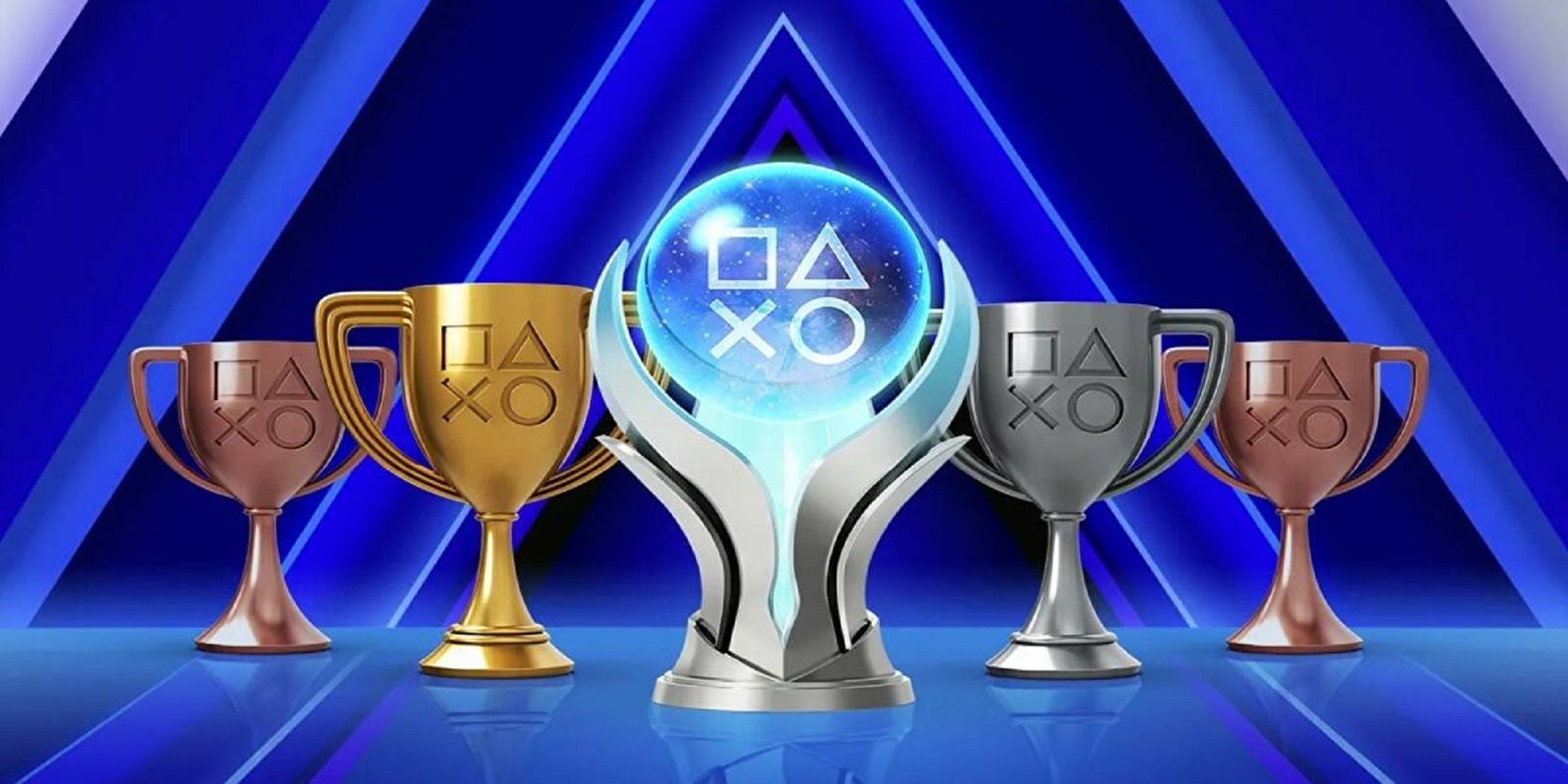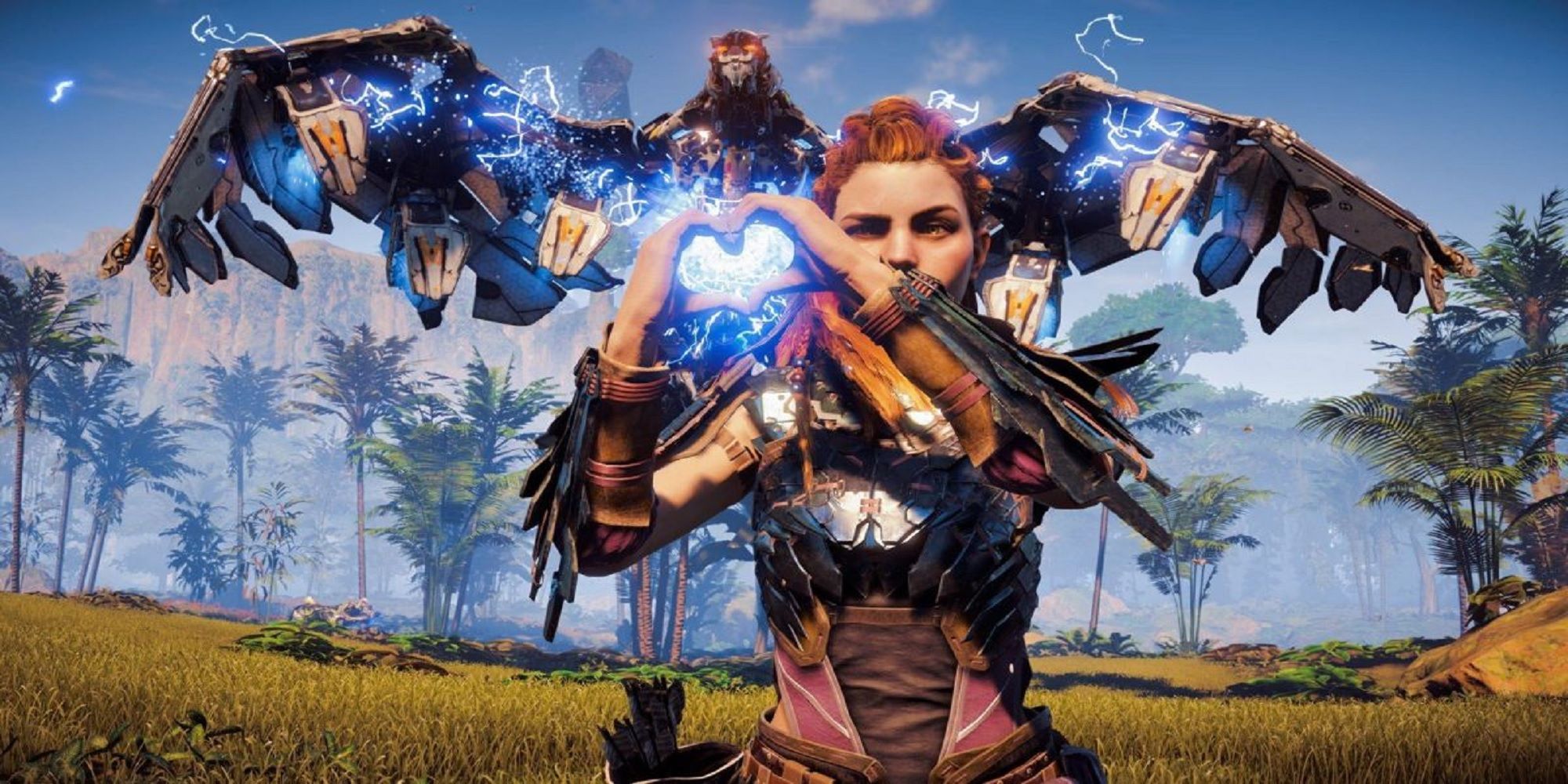From the dawn of video gaming in the 1970s, games have long had an immersive quality that users find beneficial for a variety of reasons. Whether drawn in by graphics, narratives, soundtracks, puzzles, or action, fans delve into their chosen titles with the hope they will, at the very least, enjoy the experience. Generally speaking, people find gaming to be a fun, happy and positive occupation that has several beneficial qualities from education to improving health.
While not everybody is a gamer, there is almost certainly a game for everyone to enjoy. Although, that alone might be a good enough reason to suggest taking time out of a busy schedule to play computer games. Generic reasons aside, some video games have been beneficial in interventions for people with Post-Traumatic Stress Disorder (PTSD), stress, and depression. Acknowledging that, like most endeavors, gaming should be done in moderation for fear that it will lose its beneficial properties, the following is a list of ways that it can contribute towards better mental health according to some sources.
This article means to showcase interesting game-related research concerning mental health, not provide medical advice.
5 Stimulation
Almost every aspect of video gaming has some manner of stimulating property. Whether it’s the sounds and aesthetics or stories and challenges, video games possess a unique combination of stimuli for players to interact with.
From the benefits of educational aspects to immersive meditative qualities, gaming has the ability to provide a range of elements that can, in moderation, contribute to positive mental stimulation. While some individuals may use gaming as a form of positive escapism to relax at the end of the day, others will benefit from the challenges that games offer.
4 Sense of Accomplishment
Everybody enjoys accomplishing a task they have set out to complete. Oftentimes, individuals set themselves long-term lofty goals while neglecting the small victories that can improve our everyday lives. Those engaged in a healthy amount of gaming can attest to the potential gratification of completing a challenge, level, or entire video game.
A mark of many good games is that they provide the player with an opportunity to incrementally improve their skill sets. The nature of gradually improving, while completing levels and games can contribute to improved mental health via a valid sense of accomplishment.
3 Social Gaming
Video gaming on home consoles has always had the potential to be a social activity. Whether playing with friends in real life or online with strangers, gaming has various levels of socializing to be utilized by those in need. While gaming offers numerous mental health benefits, the social side alone may be reason enough for people to engage.
While it is worth noting that there is the potential for negative interactions in gaming communities, social circles can be tailored to each individual. Firstly, an individual may only choose to play with their actual real-life friends. Or, they may join in team games online in the hope of either meeting new friends or being invited to join a community. A benefit of video games is that every single title and franchise has its own online community, typically on social media. For those looking to find like-minded fans to play with, social media is a good start.
2 Stress Management
While playing enjoyable and achievable video games can provide a steady stream of positive experiences and dopamine, it would be fair to suggest that they can also be frustrating at times. With every game comes a challenge. And, if all challenges were easy to complete, then the gratification and sense of accomplishment might not be as wholesome.
On the way to completing games, the challenges that invoke frustration can provide opportunities to work on micro-managing stress. Being exposed to tasks that become gradually harder and potentially more frustrating, yet, do not have real-world consequences, can serve as a tool to practice calming methods.
1 Occupational Balance
For gamers versed in the model of human occupation (MOHO), they may well recognize gaming as a healthy part of their occupational diet. An evidence-based model predicated on the idea that health and well-being are largely reliant on the things people occupied their time with. The MOHO highlights three general areas of occupation that, once balanced with meaningful tasks, can contribute to better mental health.
Those areas are self-care, productivity, and leisure. More often than not, gaming is going to be a leisure occupation for most. Enjoying a dose of gaming around meaning work and activities of daily living can be a positive experience, and there is a game for everybody. They just have to find it. Additionally, for those who work in the industry, gaming may double as a meaningful productive occupation.
Gaming can certainly be a positive occupation for most, though moderation is the key. A healthy round of gaming in between working and living should be encouraged for those who find it meaningful. And, while there is evidence showing interventions involving gaming can help people with specific conditions, people with symptoms related to low mood and depression should always seek the advice of their doctor.









